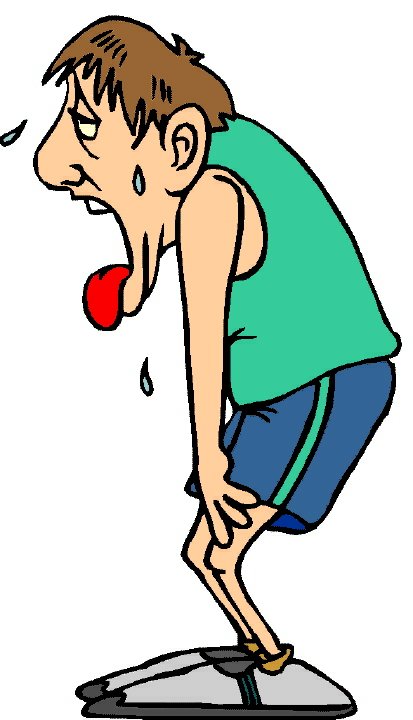
adjective, weak·er, weak·est.
- not strong; liable to yield, break, or collapse under pressure or strain; fragile; frail: a weak fortress; a weak spot in armor.
- lacking in bodily strength or healthy vigor, as from age or sickness; feeble; infirm: a weak old man; weak eyes.
- not having much political strength, governing power, or authority: a weak nation; a weak ruler.
- lacking in force, potency, or efficacy; impotent, ineffectual, or inadequate: weak sunlight; a weak wind.
- lacking in rhetorical or creative force or effectiveness: a weak reply to the charges; one of the author’s weakest novels.
- lacking in logical or legal force or soundness: a weak argument.
- deficient in mental power, intelligence, or judgment: a weak mind.
- not having much moral strength or firmness, resolution, or force of character: to prove weak under temptation; weak compliance.
- deficient in amount, volume, loudness, intensity, etc.; faint; slight: a weak current of electricity; a weak pulse.
- deficient, lacking, or poor in something specified: a hand weak in trumps; I’m weak in spelling.
- deficient in the essential or usual properties or ingredients: weak tea.
- unstressed, as a syllable, vowel, or word.
- (of Germanic verbs) inflected with suffixes, without inherited change of the root vowel, as English work, worked, or having a preterit ending in a dental, as English bring, brought.
- (of Germanic nouns and adjectives) inflected with endings originally appropriate to stems terminating in -n, as the adjective alte in German der alte Mann (“the old man”).
- (of wheat or flour) having a low gluten content or having a poor quality of gluten.
- Photography. thin; not dense.
- Commerce. characterized by a decline in prices: The market was weak in the morning but rallied in the afternoon.
 Liberal Dictionary English Dictionary
Liberal Dictionary English Dictionary